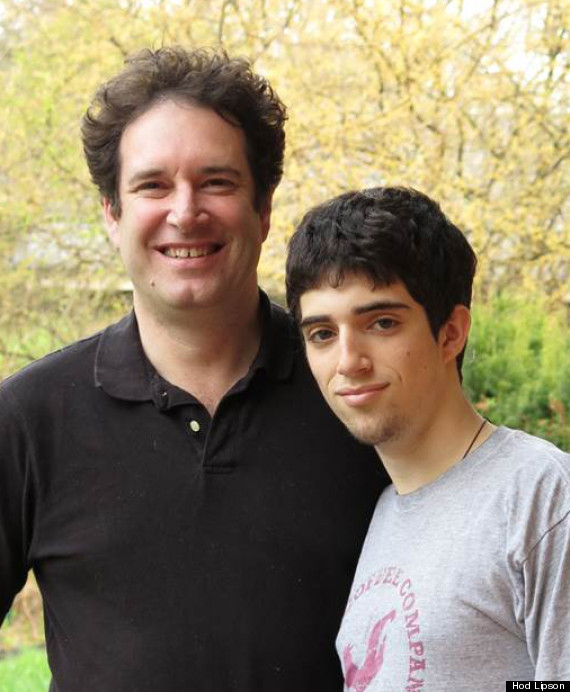My son has a self-driving car.
He can summon it on demand, 24/7, and it will take him wherever he wants to go. He rides carefree, not once worrying about whether he will get safely to his destination. When he arrives, the car will drop him off and disappear quietly into a nearby parking lot. If he requests a pickup, the car will wait patiently at the curb. His car uses satellite navigation but adapts the route automatically in response to real-time traffic conditions. And in the rare case of a mechanical malfunction, the car automatically arranges for alternative transportation.
The self-driving car is me.
In my day job as a Professor of Engineering, I develop autonomous robots. In my second job I serve as a chauffeur for my teenage son. As his demanding schedule grows, my day is peppered with driving tasks, from 5am crew drop-offs to late Saturday night pickups. This dual career helps me see both sides of the coin.
I'm a good driver, but as my son frequently reminds me, my driving is far from perfect. Sometimes I don't drive at the optimal blend of efficiency, performance and safety. Sometimes I get distracted or mad. I rarely coordinate my route with other drivers. And sometimes -- gasp -- I just don't feel like driving.
Yet self-driving cars will have none of these deficiencies -- they will always be there, optimizing, offering a smooth, fast, safe and efficient ride. When multiple self-driving cars hook up, they can offer efficiencies on par with rail. Self-driving cars are the future of transportation.
Here's the problem with self-driving cars: I will no longer be my son's chauffer. True, I'll be liberated from the wrenching 5 a.m. drop-offs and Saturday midnight pickups. But I'll also be deprived of some of the most precious intimate time my son and I share. I may be a less skillful driver than a driverless car. But a driverless car won't be a very good parent.

The moments I drive my son are our most intimate. The dislocated bubble of my debris-laden Prius offers the two of us rich time alone together, undistracted by siblings, friends, relatives and spouses. Some of our deepest conversations and funniest moments happen while I drive my son somewhere. The car is where I get my daily updates on his life. That's where I hear his music. That's where he shares problems he's having at school. That's where he awkwardly tells me his hopes of his future, his vision of what kind of parent he's someday going to be. The car is where I enjoy my son's keen powers of observation, where he makes both of us laugh with his wry observations of adult social activities.
Driverless cars are inevitable and will offer us tremendous benefits. But like the erosion of dinnertime to the smartphone, I fear that the loss of chauffeuring intimacy to a robot will be yet another nail in the coffin of emotional connection.
During a recent parental chauffeuring gig, my son and I were speculating out loud how many years it will be before my son drives his own children around. "Never" -- my son said. "No one will be chauffeuring anyone else around in 20 years," he added. "Cars will do all that by themselves. But my car and my kid will probably not have that much to talk about. "